It’s too soon to say whether President Biden’s response to the carnage in Tulsa, Uvalde and Buffalo (‘For God’s sake, do something!’), will result in legislation. But nobody with more than a passing interest in this perennial and peculiarly American problem would bet on it. Mass shootings are now such a staple of the US news cycle that condemning them has become a rite of presidential passage – like reprieving Thanksgiving turkeys. But Mr Biden has broken with one well-established Democratic White House tradition by qualifying his initial outrage with a shopping list of the changes he wants to see, starting with the permanent, irrevocable banning of the sale of rapid-fire, high-capacity assault rifles. As a statement of serious intent this already beats the Clayton’s assault rifle ban of Bill Clinton, which only got through Congress because it included a ‘sunset clause’ effectively guaranteeing its repeal four years later. And it certainly goes further than Barack Obama’s prime-time hand wringing in the wake of Sandy Hook (20 children, 6 teachers) and Las Vegas (60 dead, 400 wounded). But in another, more depressing way, President Biden’s proposals are just as tokenistic. Because it’s been a matter of public record for some time now that 90 per cent of the USA’s 40,000+ annual firearm fatalities don’t involve assault rifles and don’t fit the technical definition of a mass-shooting; that is, they don’t result in the death of four or more people unconnected by anything except being in the wrong place at the wrong time. They’re caused by handguns fired by people who know their victims, and about half of them are suicides. And what no president of either political stripe would ever publicly acknowledge is that 90 per cent of US handgun killings which are not suicides are also not disaffected middle-class teenagers shooting classmates or – dare anyone say it – white cops shooting black people. They’re young black and Hispanic men shooting other young black and Hispanic men. And the handguns used are almost always acquired illegally, and the perp and victim are almost always engaged in the commission of drug-related crime in one of four states. Having lived in two of those states I can attest that it is these statistics, as much as the Second Amendment, which are cited by many respectable suburban Americans to justify their own gun ownership, their NRA membership, and the inclusion of the family arsenal in their Christmas card photos (Google it). The same facts should be less reassuring for respectable suburban Australians, though, because they show the pride that we take in what are often spruiked as our comparatively low rates of gun crime to be ill-founded. The empirical reality is that the chances of a happy, law-abiding resident of Detroit, Baltimore, St. Louis or Chicago being gunned down on the street or in the office or the pub is statistically not much higher than it would be in Adelaide, Hobart, Townsville or Perth. So why does the US gun-control lobby continue to cite the Howard government’s gun amnesty as an instructive precedent? Well, we’re at least partly to blame. Thanks to the international cultural misinformation campaign that was inaugurated by Crocodile Dundee, sustained by films like Romper Stomper and Animal Kingdom, and contemporised by streaming hits like Wolf Creek and The Tourist, many Americans believe that the Wild West spirit which is now an escapist Hollywood trope for them is still, for us, a quotidian reality. ‘It’s not just crocs and snakes and spiders and sharks we have to watch out for down here,’ we keep telling them via Netflix and Hulu and HBO, ‘we’ve also got way more than our fair share of homicidal maniacs’. To which the US latte-Left’s not unreasonable response is, ‘Well, if those guys can give up their guns, why can’t we?’ The most obvious answer to this question is that, unlike post-revolutionary Americans, post-federation Australians have never distrusted their elected representatives enough to need constitutional permission to arm themselves against the depredations of state and federal government. The second, less gratifying answer is that in real, historical terms John Howard’s amnesty has turned out to be not much more effectual than Bill Clinton’s ban, private gun ownership here having now returned almost to pre-Port Arthur levels. But we can take some consolation from the fact that, at least according to all the publicly available data, the mere ownership of a firearm in Australia does not yet increase the likelihood of the owner using it to settle a disagreement about a garden fence or a parking spot. So until the figures persuade us that we really do need American laws we’ll settle for Australian Rules; the right to bare arms.
Got something to add? Join the discussion and comment below.
Get 10 issues for just $10
Subscribe to The Spectator Australia today for the next 10 magazine issues, plus full online access, for just $10.
You might disagree with half of it, but you’ll enjoy reading all of it. Try your first month for free, then just $2 a week for the remainder of your first year.


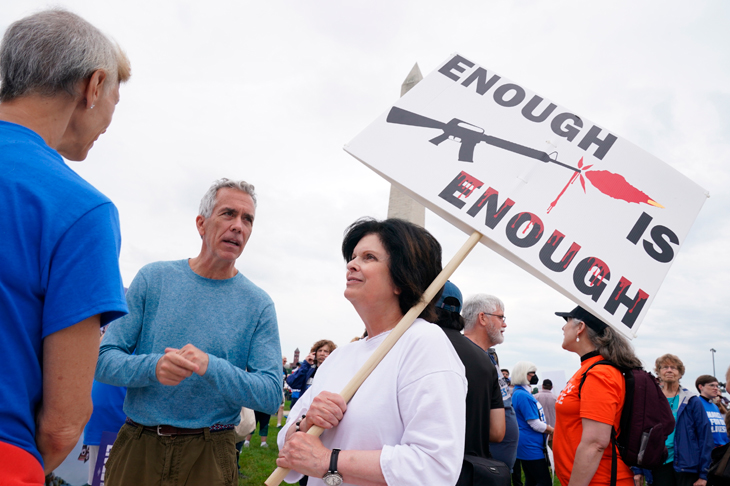

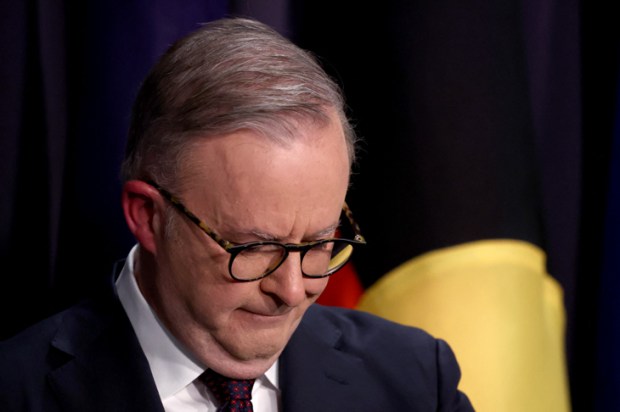
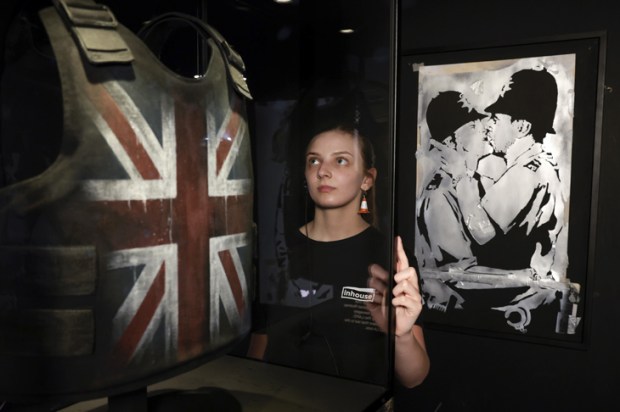
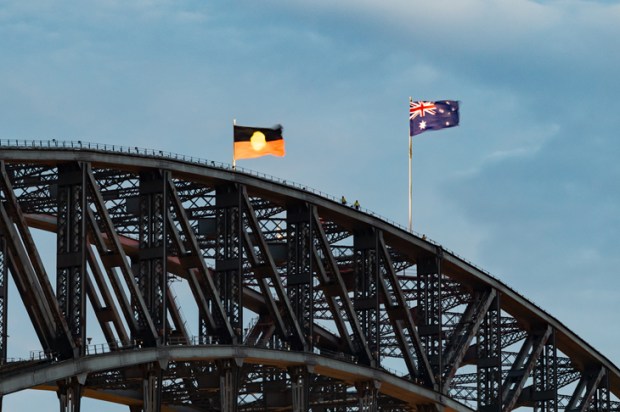
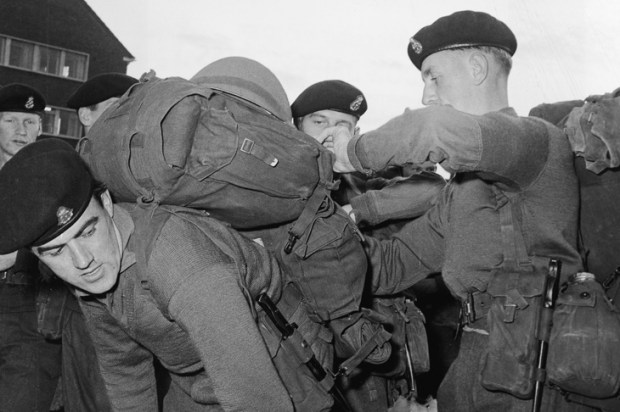
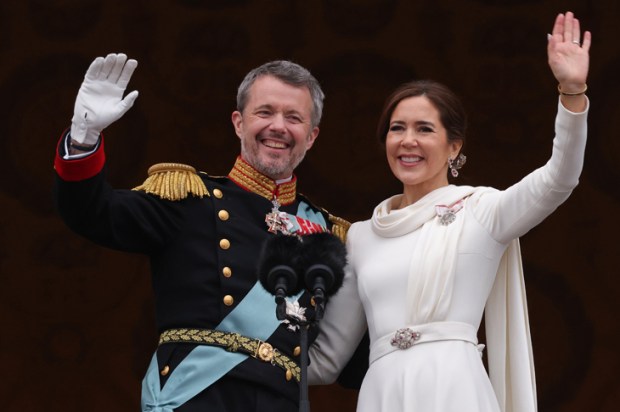






Comments
Don't miss out
Join the conversation with other Spectator Australia readers. Subscribe to leave a comment.
SUBSCRIBEAlready a subscriber? Log in